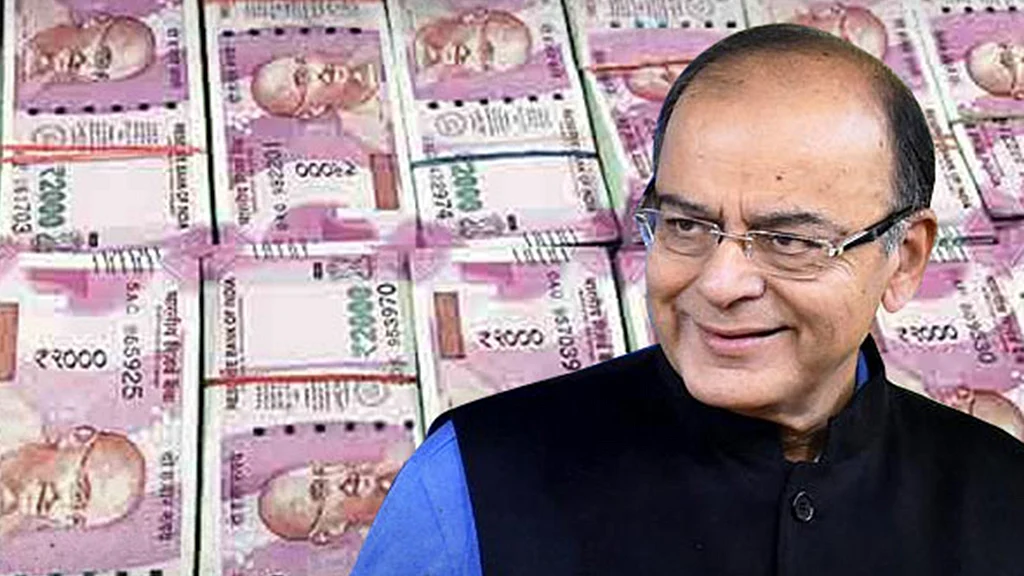Will Finance Bill, 2018 see bombshell amendments again?
In 2017, the Budget process ended with a bang, as the Finance Bill saw a raft of amendments with wide ramifications tabled late in March, which many said had no place in a Money Bill

Every year, India’s Budget process takes place with a set chronology of events. Ten days before Budget day, the budget papers are sent for printing and the Finance Minister serves specially prepared halwa to all Finance Ministry officials and support staff involved in preparing the papers, who then remain sequestered in North Block till the budget is presented, to prevent any leakages. Then a few days before Budget Day, the Chief Economic Adviser presents the Economic Survey, and we will learn the Finance Ministry’s view on the economic developments in the country over the past year and growth projections for the next 12 months. Speculation about what the budget could bring then reaches fever pitch in TV studios right till Budget Day.
On the Day itself, as the Finance Minister reaches Parliament, his tightly closed briefcase carrying the Budget papers becomes the most photographed object in the country. The Finance Minister then presents the Budget in the Lok Sabha. As he announces each past achievement and future plan, the treasury benches indulge in an orgy of desk thumping. The Opposition rolls its eyes at some provisions and rages against others.
Pundits in TV studios and drawing rooms give expert pronouncements on the highlights. Some Indians will feel their wallets lighten; many will rage against the dying of the light. Arguments will break out between paan wallas and customers across the country as smokers object to the inevitable budgeted price rise being charged on cigarette packets still bearing the lower MRP.
The Finance Bill— which details the imposition, abolition, remission, alteration or regulation of taxes proposed in the Union Budget—is presented immediately after the Budget in the Lok Sabha and then goes to the Rajya Sabha, which can only make unenforceable recommendations, as Article 110 of the Constitution says that a Money Bill does not need the approval of the Rajya Sabha. Usually without much ado, the Finance Bill goes back to the Lok Sabha and on to the President for his assent. The Budget process ends.
But in 2017, something else quite significant happened, and we’re not talking about the merging of the rail and Union budgets. There was a proverbial sting in the tail. In late March, a raft of 40 amendments was sneaked into the Finance Bill, 2017 and passed by the Lok Sabha without much debate. These striking amendments:
- made Aadhaar linkage with PAN card mandatory in order for PAN to remain valid, and for filing Income Tax Returns
- provided extraordinary powers to Income Tax officials to search any person or property without giving any reason
- allowed anybody to donate to political parties an unlimited amount, anonymously; the upper ceiling till then in existence had withdrawn
- removed the cap on companies making donations to political parties
- merged eight different tribunals—quasi-judicial bodies which exist for dispute resolution—into other existing ones. Earlier, members of these tribunals were governed by separate laws, some requiring recommendations from the Judiciary, some chosen by special steering committees. In 2017, the Centre usurped to itself more powers when it came to the right to appoint/ remove the members of the various tribunals, leading to possible conflict of interest as it is often a party before these tribunals.
The Opposition cried foul and very pertinent questions were raised about how such non tax-related amendments could be made through the route of the Finance Bill. But the Lok Sabha, where the government enjoys a brute majority, passed the amended Finance Bill and the Rajya Sabha, where the NDA government falls short of numbers, could neither reject nor amend the Money Bill. The amendments became law.
A 5-judge constitution bench of the Supreme Court is currently occupied with the issue of whether courts can question a decision by the Speaker of the Lok Sabha to specify a bill as a Money Bill.
As the issue remains undecided the day before Budget, 2018 is presented, we can’t help wonder what new surprises will be sprung on the nation, well after the last word has been spoken on Budget Day itself.
Follow us on: Facebook, Twitter, Google News, Instagram
Join our official telegram channel (@nationalherald) and stay updated with the latest headlines
- Lok Sabha
- Rajya Sabha
- Supreme Court
- Income Tax
- Aadhaar
- Chief Economic Adviser
- money bill
- PAN
- Finance Minister Arun Jaitley
- Budget 2018-19